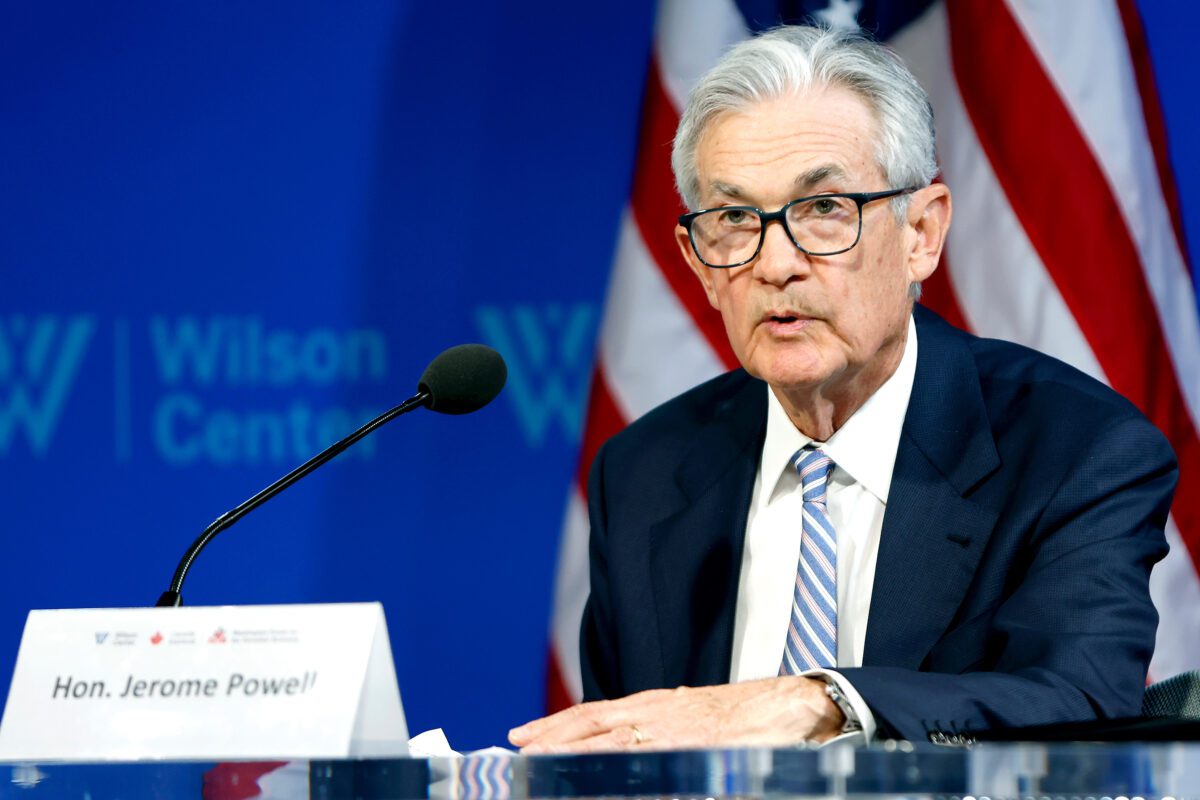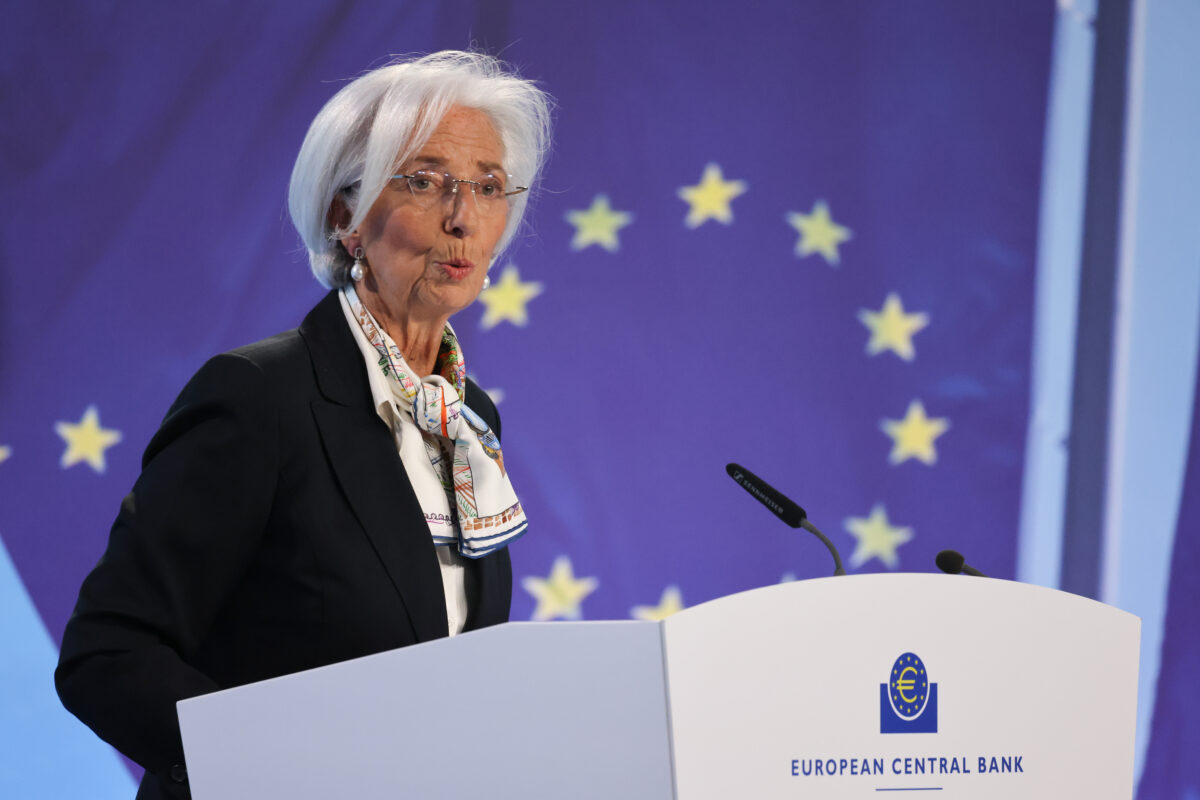FMW-Redaktion
Die amerikanische Ratingagentur Moody´s hat Brasilien um zwei Stufen abgestuft von Baa3 auf nun Ba2, Ausblick negativ. Damit ist Brasilien nun „junk“. Zur Begründung heißt es bei Moody´s:
– „The prospect of further deterioration in Brazil’s debt metrics in a low growth environment, with the
government’s debt likely to exceed 80% of GDP within three years“
-„The challenging political dynamics, which will continue to complicate the
authorities‘ fiscal consolidation efforts and delay structural reforms.“
– „Deterioratinhg debt metrics will result in a materially weaker credit profile in the coming years“
Hier die komplette Begründung:
The downgrade was driven by
i) The prospect of further deterioration in Brazil’s debt metrics in a low growth environment, with the government’s debt likely to exceed 80% of GDP within three years; and
ii) The challenging political dynamics, which will continue to complicate the authorities‘ fiscal consolidation efforts and delay structural reforms.
The negative outlook reflects the view that risks are skewed toward an even slower consolidation and recovery, or further shocks emerging, which creates uncertainty over the magnitude of deterioration of Brazil’s debt profile over the rating horizon.
RATINGS RATIONALE
RATIONALE FOR THE DOWNGRADE
Brazil’s credit metrics have deteriorated materially since the Baa3 rating with a stable outlook was assigned in August 2015. That deterioration is expected to continue over the coming three years, given the scale of the shock to the Brazilian economy, the lack of progress made by the government in achieving its fiscal and economic reform objectives and the political dynamics expected to persist over that period. The downgrade to Ba2 is intended to captures that ongoing deterioration, while the negative outlook contemplates the risks of further deterioration to Brazil’s credit profile emanating from macroeconomic shocks, deeper political dysfunction or the need to support government-related entities.
FIRST DRIVER — DETERIORATING DEBT METRICS WILL RESULT IN A MATERIALLY WEAKER CREDIT PROFILE IN THE COMING YEARS
Macroeconomic and fiscal developments over the next two to three years are expected to produce a materially weaker credit profile. The government debt burden will continue to increase during 2016-18 and will likely exceed 80% of GDP before stabilizing. Growth dynamics will remain weak in the coming years increasing the pressure on fiscal policy. We expect GDP growth to average a negative 0.5% over the period 2016-18. Additionally, we expect interest rates to remain elevated in real terms, which will contribute to low debt affordability with interest payments accounting for more than 20% of government revenues.
SECOND DRIVER — CHALLENGING POLITICAL DYNAMICS WILL COMPLICATE FISCAL CONSOLIDATION EFFORTS AND DELAY STRUCTURAL REFORMS
The rise in government debt will partly reflect the slow progress expected in achieving meaningful fiscal consolidation. Addressing Brazil’s fiscal challenges will require significant political will and consensus to reverse the upward trend in public spending and stabilize the debt trajectory. The government is working to garner support in Congress for key reform bills, including to raise the minimum retirement age, improve fiscal flexibility, and reduce revenue earmarking. However, while discussion of structural reforms is a positive development, their approval by Congress will be difficult given the government’s limited support in Congress and ongoing political challenges facing the President. And weak political support for the President and her administration offers little prospect of more far-reaching reforms over the rating horizon.
RATIONALE FOR THE NEGATIVE OUTLOOK
In Moody’s view, progress in fiscal consolidation will be slow, and economic growth anemic, for the next two to three years. The Ba2 rating level builds in the assumption that the credit profile will deteriorate over that period. However, the negative outlook reflects the uncertainty surrounding the interaction between political, economic and financial dynamics in Brazil and in consequence the potential for additional shocks materializing, which would put further downward pressure on the sovereign credit profile. Additional shocks might relate to the impact of investor sentiment on the recovery in growth; to political events which lower still further the government’s capacity to make progress on structural reforms; and/or to the crystallization of contingent liabilities on the government’s balance sheet.
Kommentare lesen und schreiben, hier klicken











